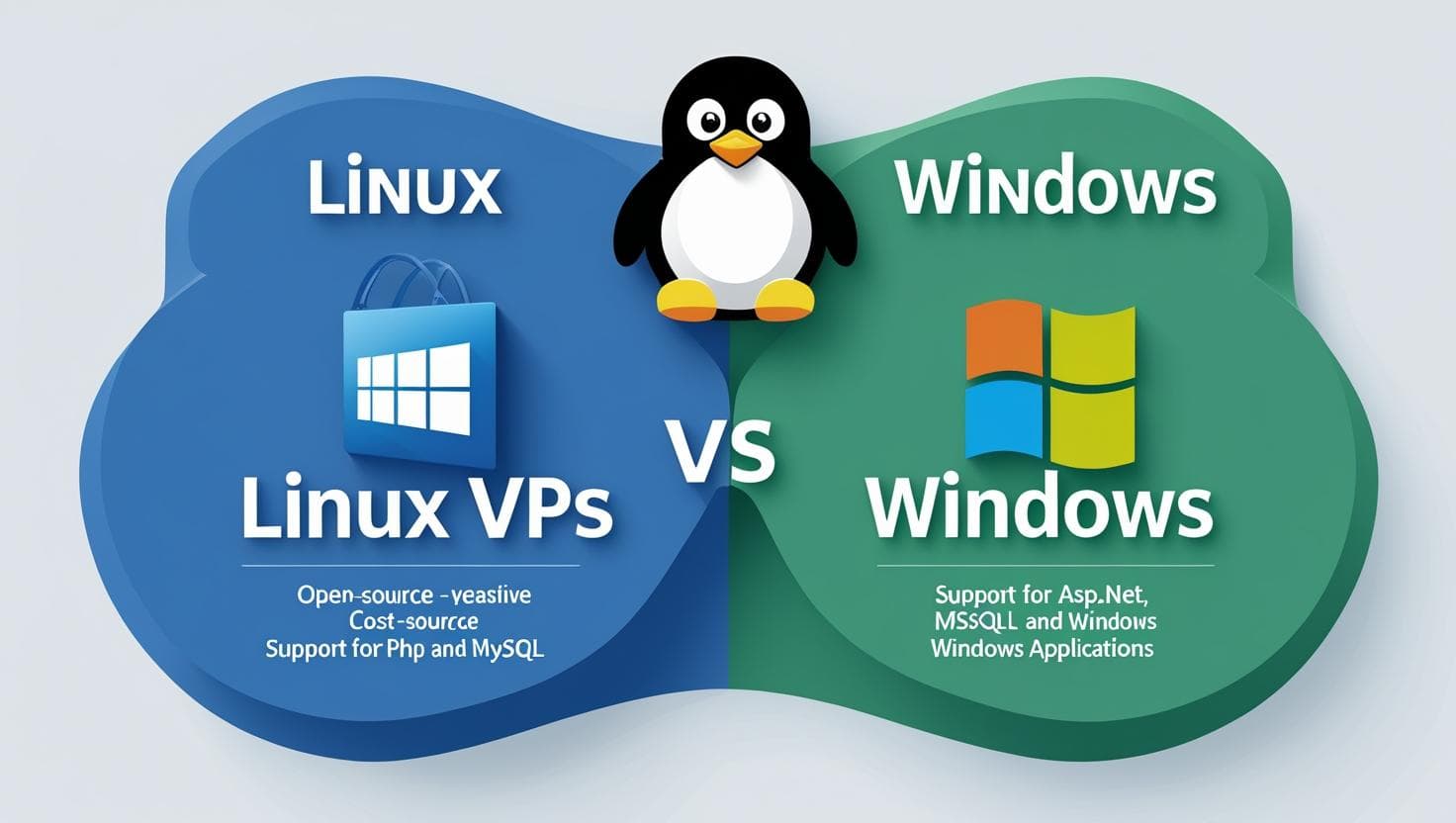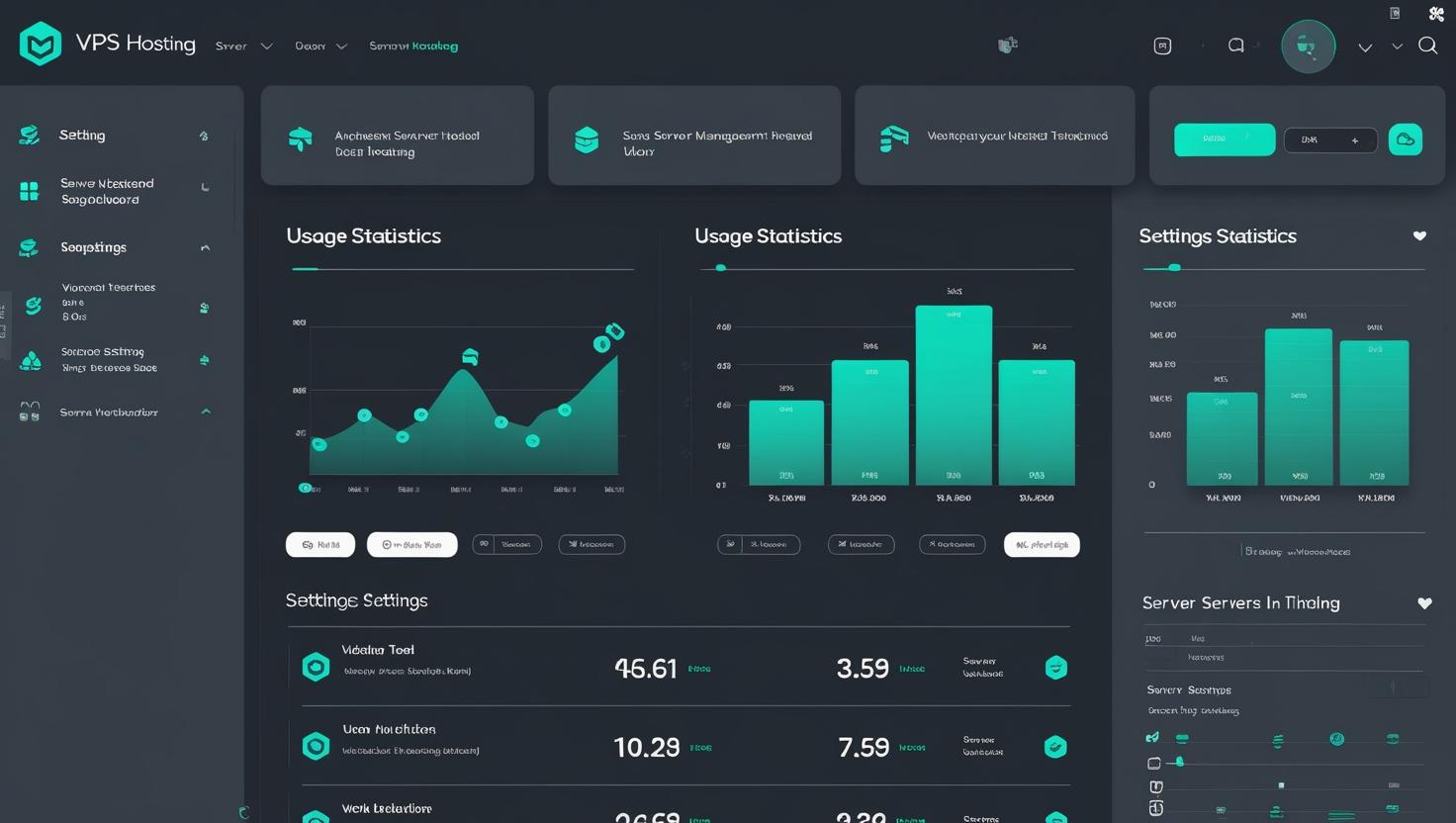🚀 What is VPS Hosting? Complete Beginner’s Guide (2025)
Introduction
VPS hosting, or Virtual Private Server hosting, is a step-up solution from shared hosting. It provides isolated server resources, meaning your website has dedicated CPU, RAM, and storage while still sharing a physical server with other VPS instances. VPS is ideal for growing websites, better performance, and custom server setups.
Unlike shared hosting, VPS gives you more control, security, and stability. In this guide, we’ll cover what VPS hosting is, types, advantages, SEO benefits, and tips for choosing the right provider.
VPS Hosting Architecture

At the core of VPS hosting is virtualization. A physical server is divided using a hypervisor, creating multiple virtual machines. Each VM operates independently with its own OS and resources, simulating a dedicated server environment.
What is VPS Hosting?
VPS stands for Virtual Private Server. It is a hosting environment where a single physical server is partitioned into multiple virtual servers. Each VPS is isolated, runs its own OS, and has dedicated resources.
VPS bridges the gap between shared and dedicated hosting, providing stability, faster performance, and flexibility for installing custom applications without affecting other users.
Advantages of VPS Hosting
- Improved Performance & Speed: Dedicated resources ensure faster load times, enhancing UX and SEO.
- Full Control & Customization: Root access allows configuring server software, installing apps, and tweaking security settings.
- Scalability: Easily upgrade CPU, RAM, or storage without migrating servers.
- Cost-Effective: Cheaper than dedicated hosting but more powerful than shared hosting.
- Better Security: Isolated environment reduces risk of malware spreading from other websites.
Types of VPS Hosting
Managed VPS Hosting
The provider handles server maintenance, updates, backups, and security. Perfect for beginners or non-technical users.
Unmanaged VPS Hosting
You manage everything yourself. Ideal for advanced users and developers seeking full control over the server.
Linux VPS vs Windows VPS

- Linux VPS: Open-source, cost-effective, supports PHP & MySQL, widely used for WordPress hosting.
- Windows VPS: Supports ASP.NET, MSSQL, and Windows-specific software, preferred for Microsoft stack apps.
Choosing the Best VPS Provider
- CPU & RAM: Match server specs with traffic needs.
- Storage Type: SSDs improve speed.
- Bandwidth: Ensure sufficient monthly data transfer.
- Customer Support: 24/7 assistance is essential.
- Uptime Guarantees: Aim for 99.9%+
- Backup Solutions: Automated backups protect data.
- Pricing & Renewal: Transparent rates, no hidden fees.
VPS Hosting vs Other Hosting Types
| Hosting Type | Performance | Control | Cost | Ideal For |
|---|---|---|---|---|
| Shared Hosting | Low | Limited | Low | Beginners, small sites |
| VPS Hosting | Medium-High | High | Medium | Growing sites, developers |
| Dedicated Hosting | Very High | Full | High | Large enterprises, heavy apps |
| Cloud Hosting | Scalable | High | Variable | Flexible & scalable projects |
VPS cPanel Explained
cPanel provides a graphical interface to manage VPS hosting efficiently. Everything from websites, databases, emails, domains, to server settings is accessible from one dashboard.

Key Features of cPanel
- Website Management: FTP, files, and one-click CMS installs.
- Database Control: MySQL, phpMyAdmin.
- Email Setup: Custom email, filters, autoresponders.
- Security: SSL installation, firewall, password protection.
- Domain Management: Addon domains, subdomains, DNS.
- Backup & Restore: Complete or partial server backups.
Common VPS Hosting Use Cases
- Hosting multiple websites.
- Running custom applications.
- Game server hosting.
- Development/testing environments.

SEO Impact of VPS Hosting
- Faster loading speed improves user experience and Google ranking.
- Better uptime reduces downtime penalties in search results.
- Enhanced security builds trust with search engines and visitors.
Popular VPS Hosting Providers (2025)
- Hostinger VPS: Affordable with great performance.
- Bluehost VPS: Excellent support, WordPress optimized.
- DigitalOcean: Developer-friendly, scalable droplets.
- Vultr: High-performance cloud VPS.
- SiteGround: Managed VPS with strong security.
Tips to Optimize Your VPS Hosting
- Use firewalls and strong passwords.
- Regularly update server software.
- Monitor CPU, RAM, and disk usage.
- Enable caching and use CDN for speed.
- Schedule regular automated backups.
Pro Tip: Confused about Cloud vs VPS Hosting? Check our guide – Shared vs VPS vs Cloud Hosting.
Frequently Asked Questions (FAQs)
Q1: Is VPS hosting suitable for beginners?
Yes, especially managed VPS. Unmanaged VPS is recommended for those with technical skills.
Q2: Can I upgrade from shared to VPS hosting?
Yes, many providers offer easy migration without downtime.
Q3: How much does VPS hosting cost?
Pricing ranges from $5 to $80+ per month depending on resources.
Q4: Do I get full control over my VPS?
Yes, VPS provides root/admin access for full control.
Q5: Will VPS hosting improve SEO?
Yes, due to faster speed, stable uptime, and better security.
Conclusion
VPS hosting is perfect for users outgrowing shared hosting who need more power, flexibility, and security. It offers the benefits of dedicated hosting at a fraction of the cost. Whether you’re a developer, business owner, or blogger, VPS hosting provides control and performance to grow your online presence in 2025 and beyond.